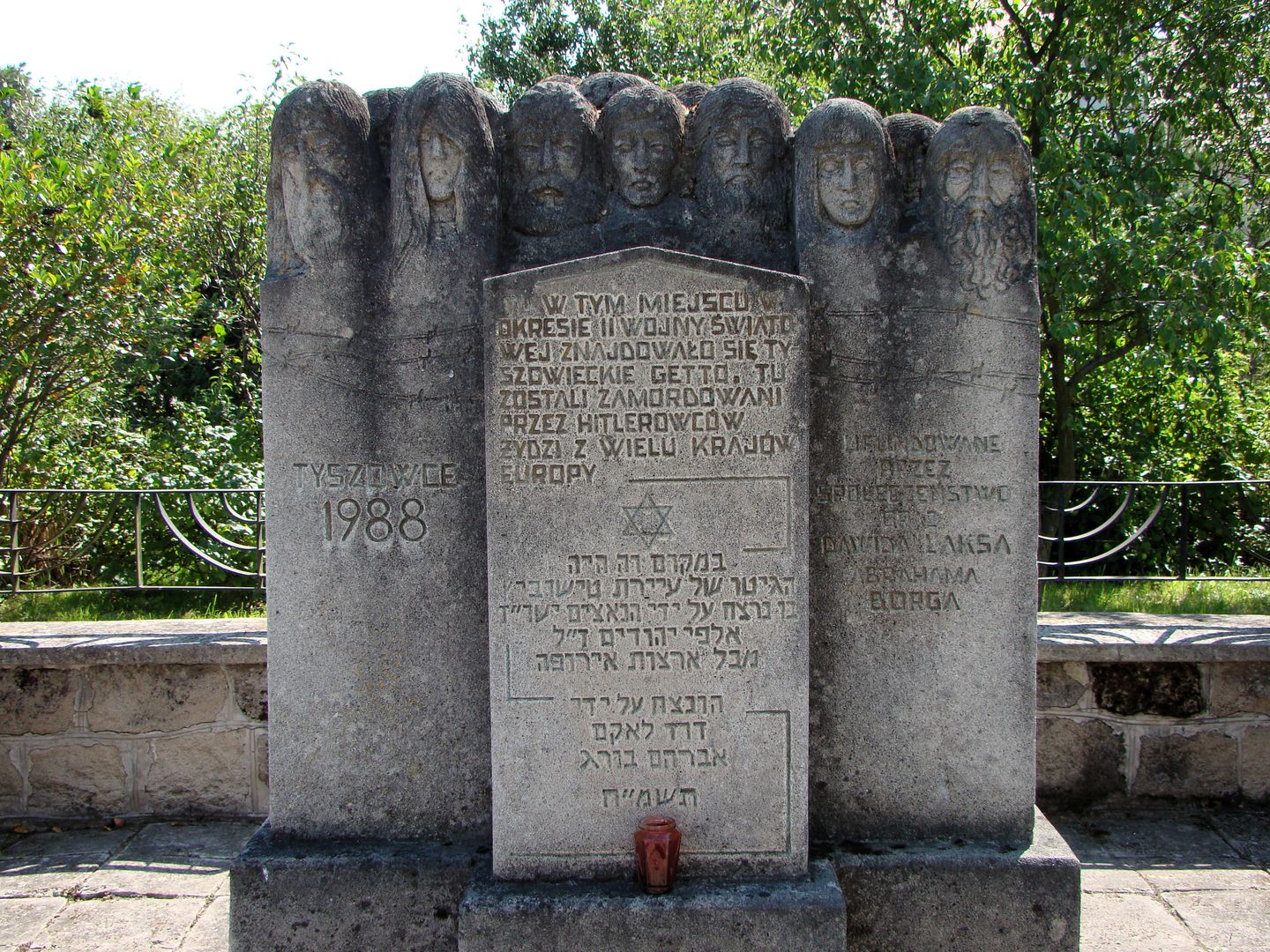Tyszowce
6.81

Overview
Tyszowce is a town in the Lublin Voivodeship, situated on the Huczwa River, serving as the seat of an urban-rural municipality. Established as a royal town in 1419, it was part of the Bełz Voivodeship in the 16th century. According to data from the Central Statistical Office (GUS) as of December 31, 2019, Tyszowce had a population of 2,091. The town plays an important service role for agriculture and is connected to other localities by the regional road No. 850.
Historically, Tyszowce was known for producing exceptional shoes called "tyszowiaki," which were even ordered by King Władysław Jagiełło. Despite destruction caused by Tatar invasions in the 15th century, the town quickly regained its importance as a center for crafts, especially shoemaking. In the 16th century, Tyszowce acquired a starost's castle and fortifications, which were maintained until the 17th century. The town also had a vibrant Jewish community, whose numbers grew thanks to privileges granted by King Sigismund Augustus.
An interesting historical fact is that in 1655, the Tyszowce Confederation was formed here in opposition to the Swedes—a historical event still commemorated by residents through the pouring of candles during important national and religious holidays. Tyszowce suffered significant damage from fires and wars, with particularly tragic events occurring during World War II, when most of the Jewish community perished. The town regained its municipal status in 2000.
A geologically valuable site in Tyszowce is a former brickyard excavation, which serves as a location for paleogeographic research. The town’s artisanal traditions are reflected in the activities of the Tyszowiecki Klub Sportowy Huczwa Tyszowce, founded in 1948, which has achieved several notable sports accomplishments.
Among the town’s historic landmarks are the parish church of St. Leonard, built between 1865 and 1869, and Jewish cemeteries, which bear witness to the town’s rich multicultural history. Also noteworthy are the unique candles measuring 5 meters in length and weighing 45 kg, which hold a special place in local tradition.
Despite numerous challenges, Tyszowce possesses significant tourism potential and remains a place with a rich history and enduring artisanal heritage.
Location
2025 Wizytor | All Rights Reserved